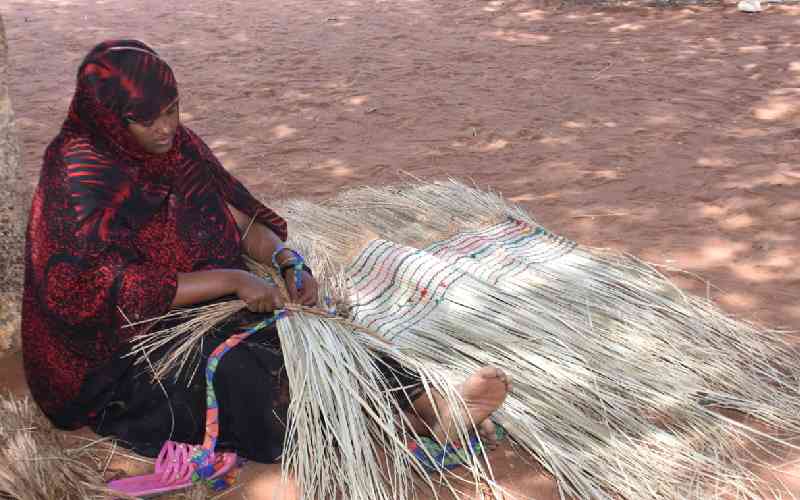×
The Standard e-Paper
Join Thousands Daily

Early morning in Qahira village Wajir East, Rukia Abdi comes back from the shop; a long walk in the scorching sun. She is happily received by her four children who are excited that today she is carrying goods home...some flour and vegetables for the evening meal.
Rukia is among the pastoralist communities of this region that have long relied on livestock for their sustenance and economic stability.